Good hygiene and toilet use improve the health status of communities in Turkana
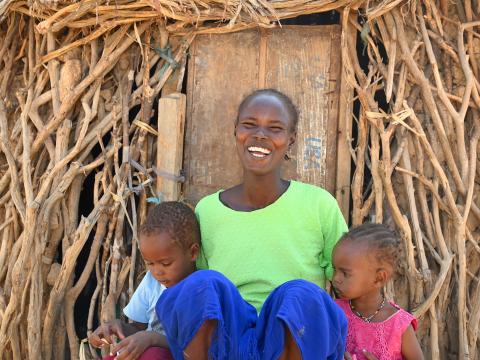
By Sarah Ooko, World Vision Senior Communications & Media Specialist, Kenya
It is a time for celebration among communities in Katukuri village, located in Turkana County, Kenya.
Women, men and children are dancing vigorously as they sing songs of praise and thanksgiving for their good health.
Families in this area value the quality of life they are currently living and do not take it for granted.
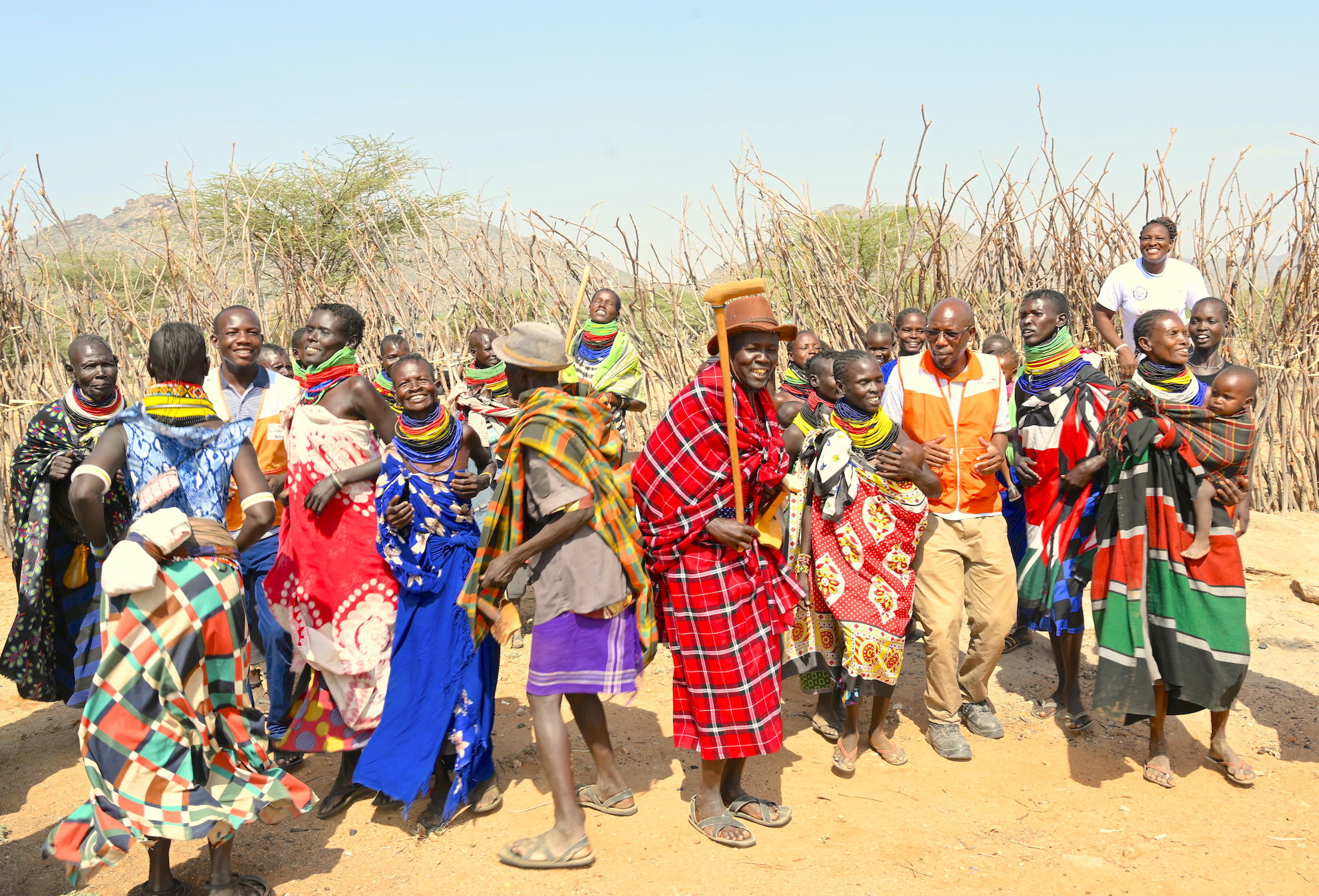
This is because they remember too well, the agony that the community used to go through as a result of hygiene related diseases that were common in the area.
They included cholera and dysentery that can be life threatening, as well as diarrhoea, which is a major cause of child deaths in Kenya. Trachoma, the leading cause of preventable blindness globally, was also common in the area.
Unknown to many families at the time, these diseases were rampant as a result of open defecation that was widely practiced in the community.
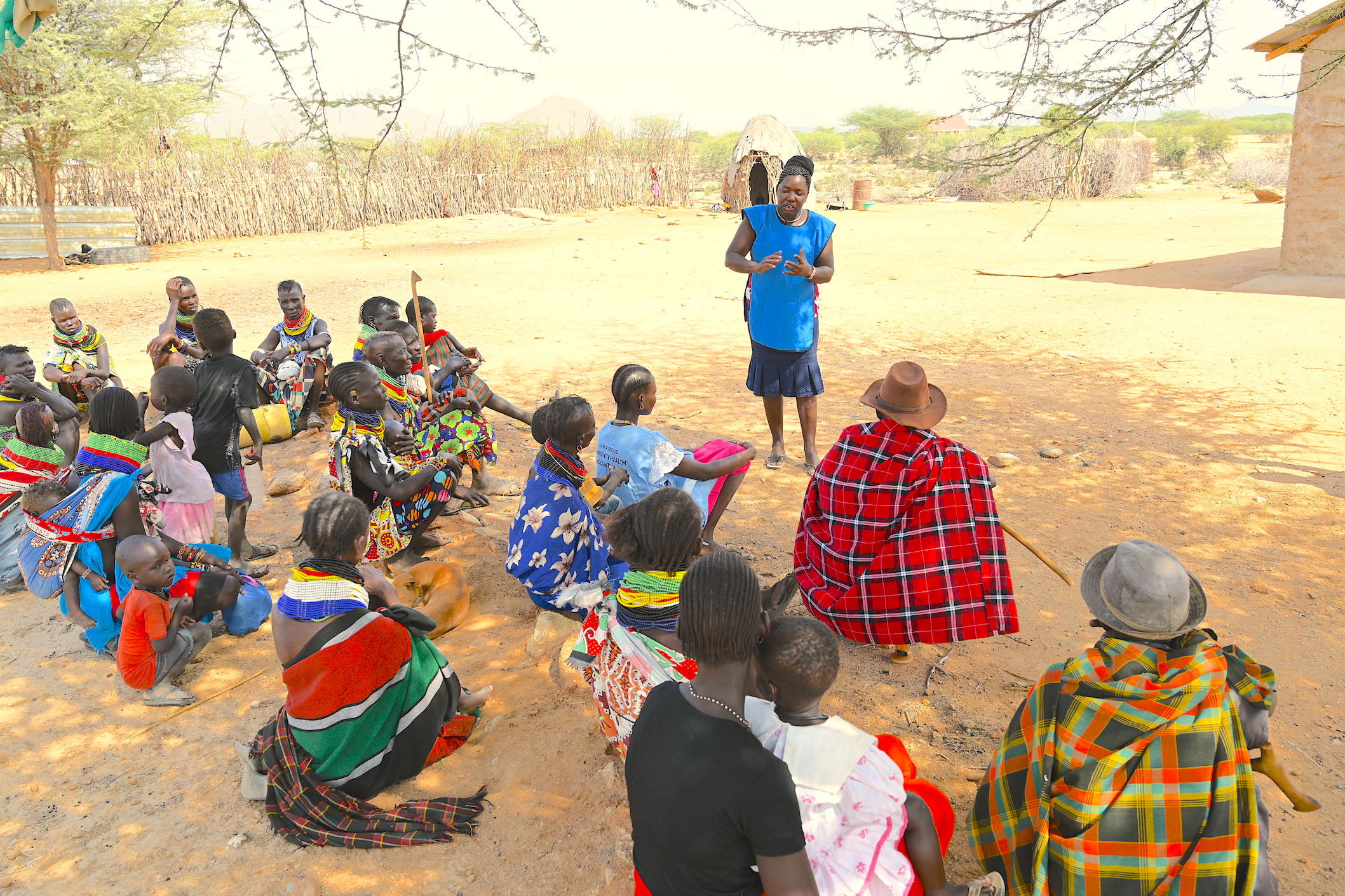
As per their culture and traditional way of life, they did not believe in building toilets or using them.
"We used to just relieve ourselves in the bushes. Every household had its own section of land near bushes or forests that was designated for this purpose," says Aruo, a mother of five children.
"We did not know that the faeces left behind were contaminating our water bodies and making us sick. They were also providing breeding sites for flies, which contaminated our food and acted as carriers for trachoma that was a big problem here, " she says.
The community became aware of the hazards linked to open defecation as a result of the massive awareness campaigns conducted by World Vision in partnership with UNICEF and the Turkana County Government, thanks to funding from the Korea International Cooperation Agency (KOICA).
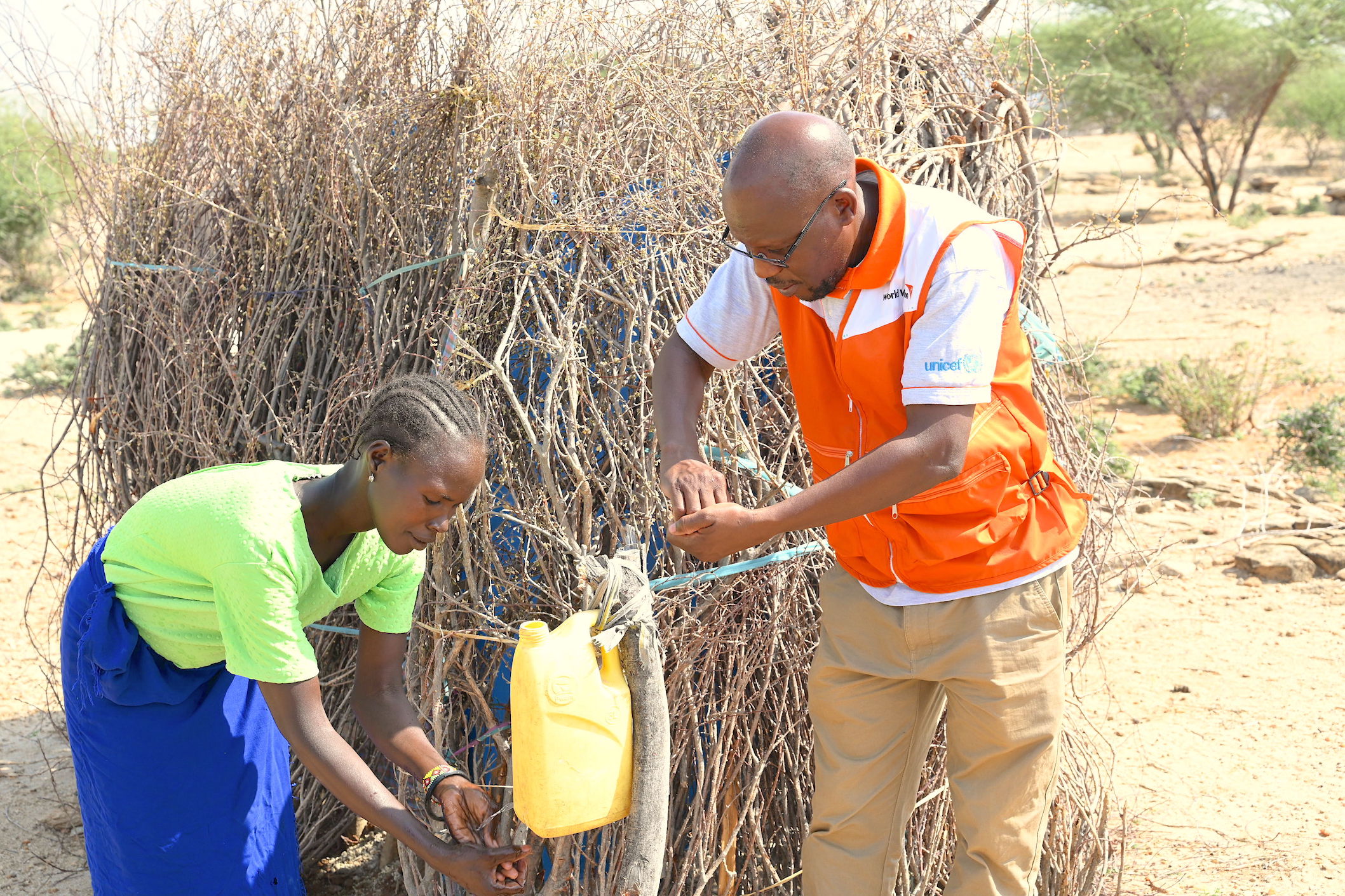
This awareness campaign followed a public health approach known as Community Led Total Sanitation (CLTS), which is aimed at mobilising communities to take collective action - through building toilets with locally available material and using them - so as to create open defecation free villages.
This goal was eventually achieved through the support of influencers such as community health volunteers, elders, as well as women and men groups.
"We all have toilets here, as well as hand washing facilities to promote good hygiene. Children and families in this village now enjoy good health and we no longer fear that our young ones will die from diarrhoea diseases," notes Aruo.
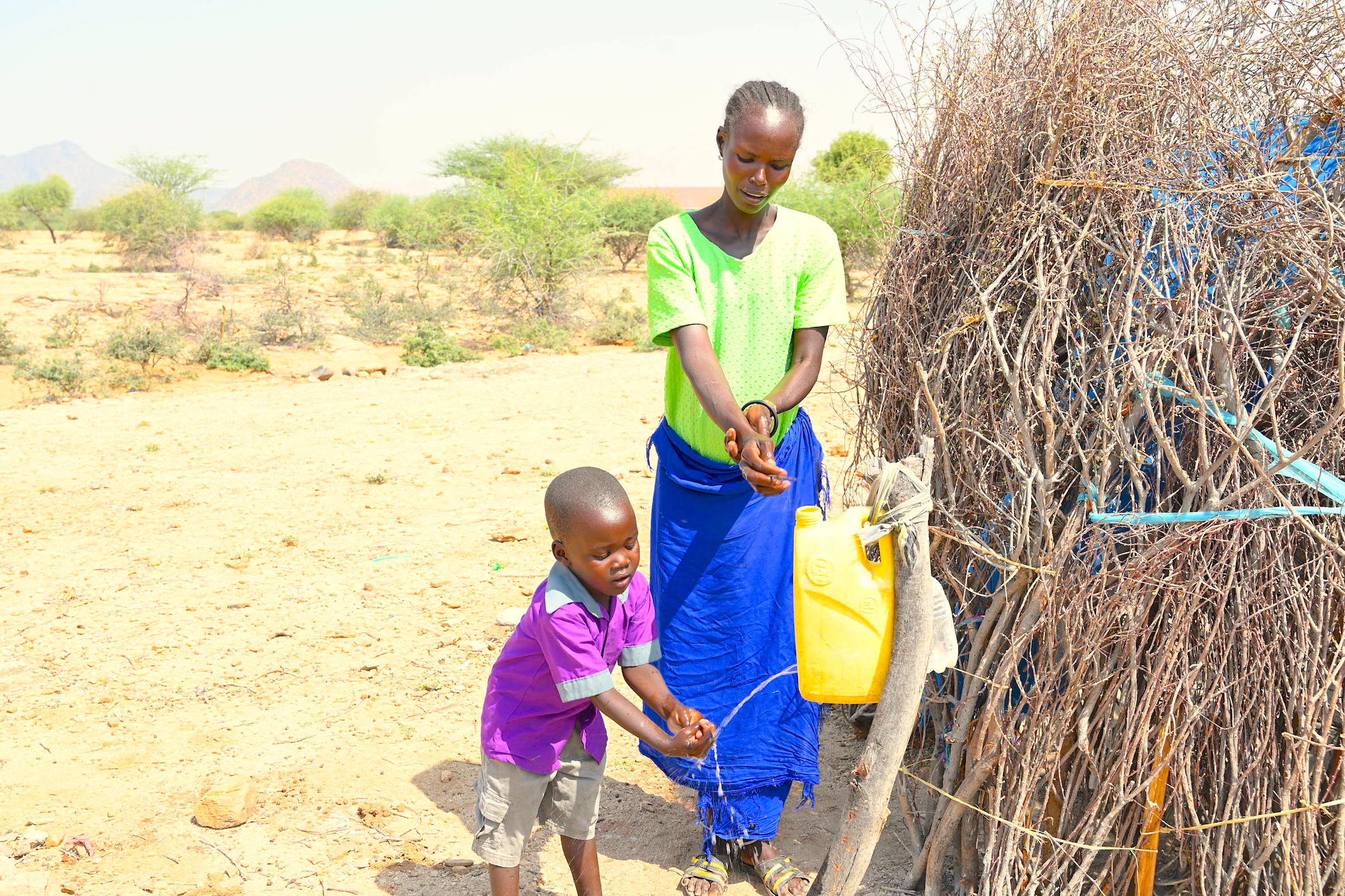
The time and financial resources that parents previously used to take care of frequently sick children, has now been channelled towards agriculture and other income generating activities.
They include bead making, running grocery stores among others which are cushioning them from the adverse effects of climate change like prolonged droughts that affect agricultural productivity.
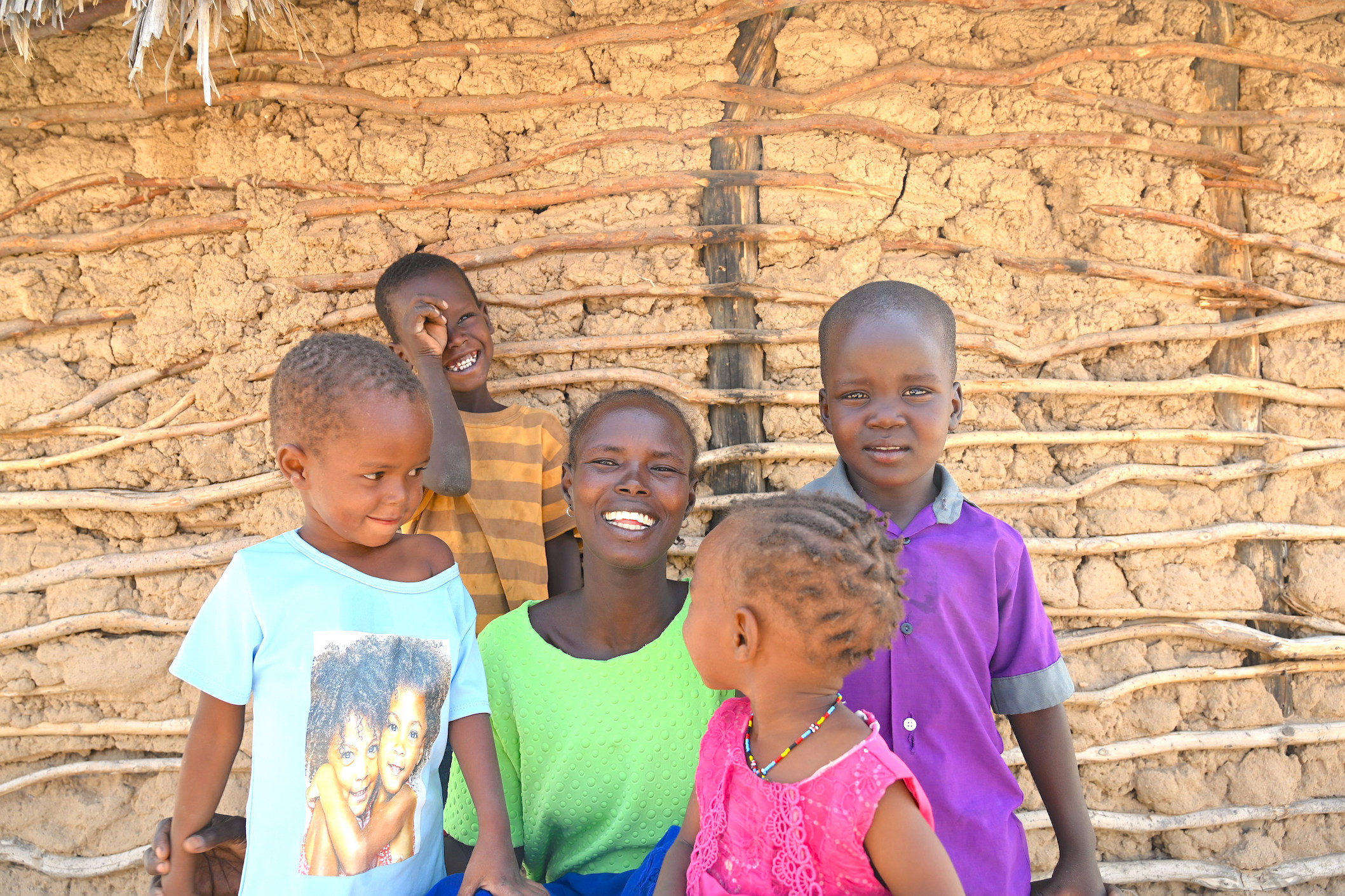
World Vision is empowering these communities to thrive, under its Strengthening Community Resilience to Climate Change Through Promotion of Water, Sanitation and Hygiene Service (SCORE) project.
"The change we have seen here is inspiring. And we are now keen on replicating these successes in other villages until the whole of Turkana attains the Open Defecation Free status," states Benson Marwa, the World Vision project officer in-charge of the SCORE project in Turkana.